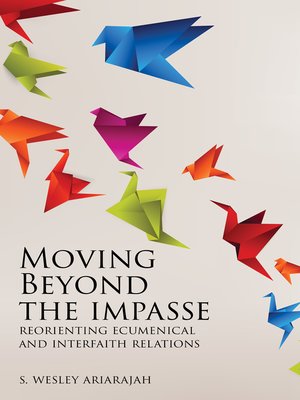
Sign up to save your library
With an OverDrive account, you can save your favorite libraries for at-a-glance information about availability. Find out more about OverDrive accounts.
Find this title in Libby, the library reading app by OverDrive.



Search for a digital library with this title
Title found at these libraries:
| Library Name | Distance |
|---|---|
| Loading... |
Interfaith dialogue in a plural world.
This volume is based on the belief that both the ecumenical and interfaith movements are looking for new orientations for their future. The forces of globalization, communications revolution, and massive population movements challenge some of the theological assumptions and presuppositions on which they were built. The entry of deep and divisive religious sentiments into the public space and the rise of militant forms of religious expression call on the interfaith movement to move beyond traditional forms of dialogue; the challenge is to enter into a deeper engagement on the purpose and role of religious traditions in society. The impasse facing these movements can only be overcome by new orientations as they look to the future. This volume is not specifically on this problem. However, the collection of essays included in this volume, although first given as lectures or written as articles, traces past developments, identifies the challenges these movements face today, and suggests fresh theological moves to regain the initiatives to bring human communities closer together.
This volume is based on the belief that both the ecumenical and interfaith movements are looking for new orientations for their future. The forces of globalization, communications revolution, and massive population movements challenge some of the theological assumptions and presuppositions on which they were built. The entry of deep and divisive religious sentiments into the public space and the rise of militant forms of religious expression call on the interfaith movement to move beyond traditional forms of dialogue; the challenge is to enter into a deeper engagement on the purpose and role of religious traditions in society. The impasse facing these movements can only be overcome by new orientations as they look to the future. This volume is not specifically on this problem. However, the collection of essays included in this volume, although first given as lectures or written as articles, traces past developments, identifies the challenges these movements face today, and suggests fresh theological moves to regain the initiatives to bring human communities closer together.







